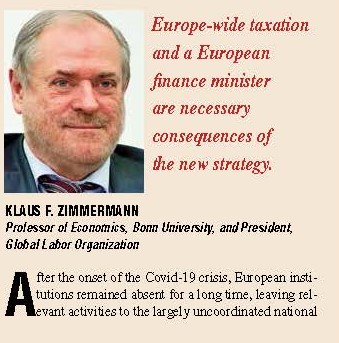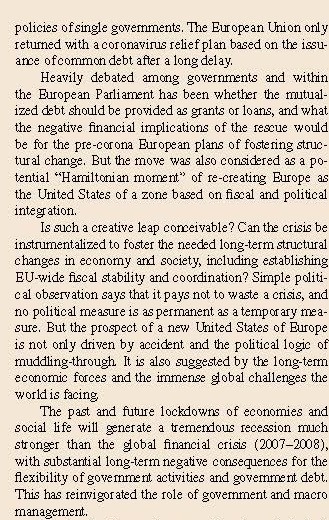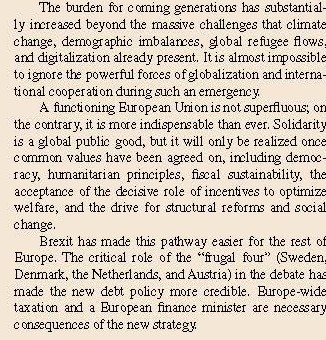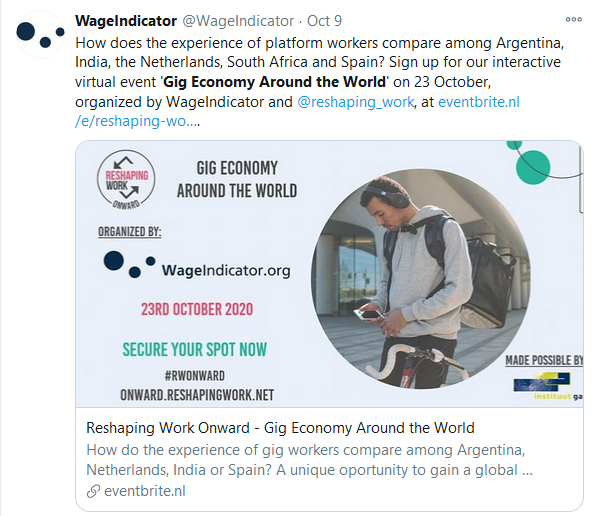A new GLO Discussion Paper examines the influence of the statutory minimum wage in Germany on labor demand elasticities for low-skilled workers.
The Global Labor Organization (GLO) is an independent, non-partisan and non-governmental organization that functions as an international network and virtual platform to stimulate global research, debate and collaboration.
GLO Discussion Paper No. 687, 2020
The Statutory Minimum Wage in Germany and the Labor Demand Elasticities of Low-Skilled Workers: A Regression Discontinuity Approach with Establishment Panel Data – Download PDF
by Kölling, Arnd
GLO Fellow Arnd Koelling
Author Abstract: This study examines the influence of the statutory minimum wage on labor demand elasticities regarding low-skilled workers. For this, a regression discontinuity analysis is conducted using company panel data from 2013 to 2018. In addition, a possible endogeneity of the remuneration for low-skilled workers was considered using an IV estimation. It is shown that the monopsonistic structures of the labor market may continue to exist after the introduction of the minimum wage. Additionally, the own-wage elasticity for low-skilled workers did not change over the period considered. However, in the short run, stronger substitutive relationships with medium-skilled workers seem to exist, and probably also with highly qualified employees in the long run.

GLO Discussion Papers are research and policy papers of the GLO Network which are widely circulated to encourage discussion. Provided in cooperation with EconStor, a service of the ZBW – Leibniz Information Centre for Economics, GLO Discussion Papers are among others listed in RePEc (see IDEAS, EconPapers). Complete list of all GLO DPs – downloadable for free.
Ends;















